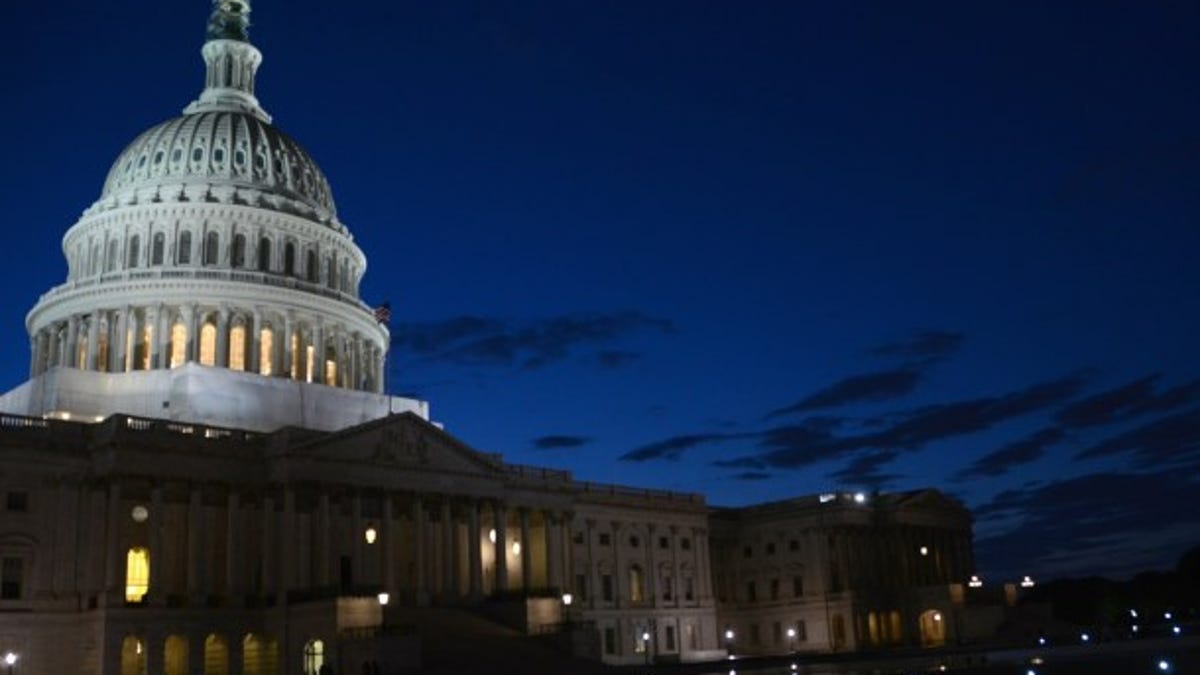Senator introduces bill requiring warrant for e-mail history
Continuing his battle to update an antiquated digital-privacy law, Sen. Patrick Leahy proposes a new bill that would compel police to get a warrant to obtain people's personal e-mail.

After more than 25 years since the passage of the Electronic Communications Privacy Act (ECPA), Sen. Patrick Leahy is hoping to get the out-of-date privacy law up to speed by introducing a new bill in the Senate Judiciary Committee today, according to Ars Technica.
The key component of this new bill is that law enforcement officials would no longer have the ease of freely being able to read people's personal e-mail and online communication -- they'd need a warrant first. As the law now stands, police are allowed to get individual's private correspondence by simply asking e-mail providers for the person's message history.
The 1986 ECPA was crafted in the pre-Internet era of telephone modems and the black-and-white Macintosh Plus, before the idea of 10GB of e-mail storage and the cloud were fathomable. The law is notoriously convoluted and difficult even for judges to follow. Its labyrinthine wording means that currently, Internet users enjoy more privacy rights if they store data locally, a legal hiccup that some companies fear could slow the shift to cloud-based services unless it's changed.
If passed, Leahy's new bill would require police to obtain a warrant to get individual's present and past e-mails, along with any correspondence on Facebook, Twitter, Google Docs, and so on. According to Ars Technica, it would also protect e-mail stored on remote servers.
Protecting people's personal correspondence has been an issue Leahy has long fought for. Last year, he introduced similar legislation, called the Electronic Communications Privacy Act Amendments Act of 2011. However, it was never brought to a vote, which was partially because of Republican resistance.
Leahy's new bill does have some GOP support, according to Ars Technica. Former Rep. Bob Barr sent a letter to the Judiciary Committee yesterday urging them to support the bill's passage. He wrote that the new bill would help to clarify the 1986 ECPA.
Several tech companies have also supported Leahy's proposed changes to the ECPA. The Digital Due Process coalition, which includes Google, Facebook, Microsoft, Loopt, and AT&T, along with liberal, libertarian, and conservative advocacy groups, have long urged Congress to update the law. They even threw a party last year aiming to woo politicians into supporting the ECPA Amendments Act of 2011.
It's likely a long road ahead for Leahy and the Judiciary Committee, but at some point it seems old-fashioned laws need to catch up with modern technology.

